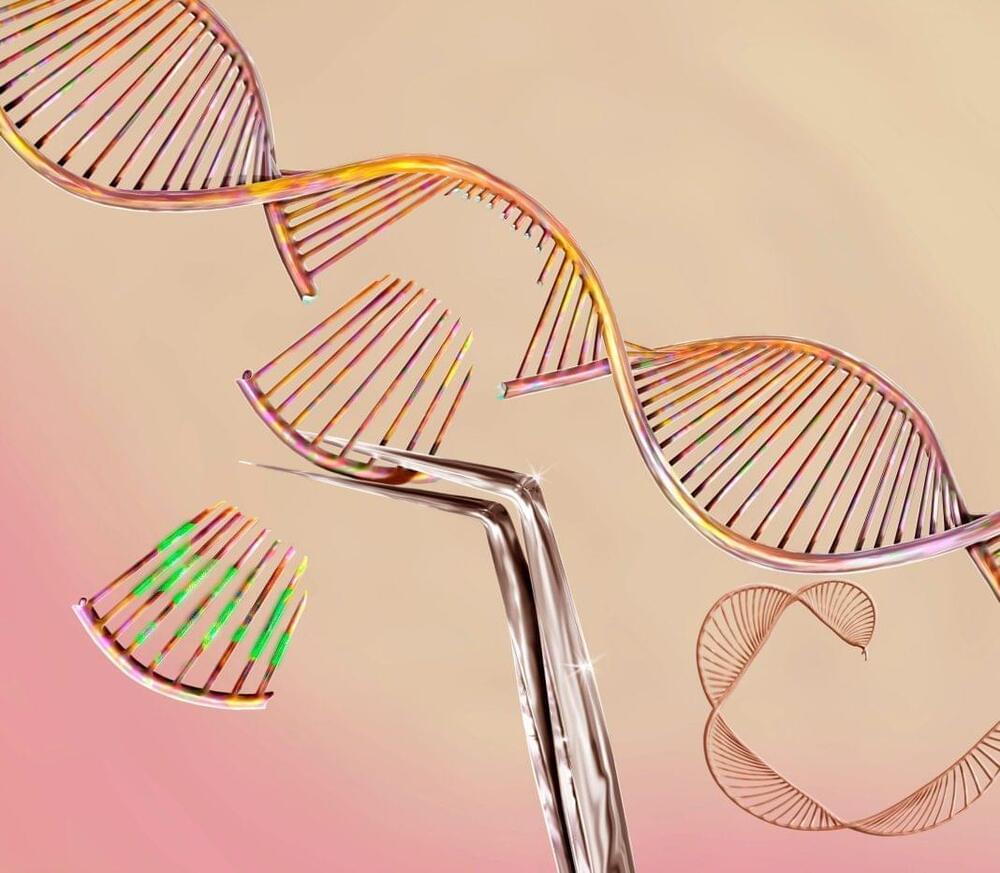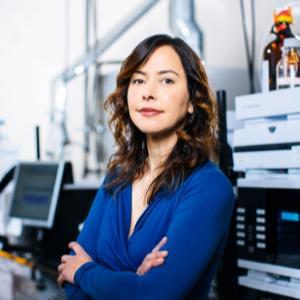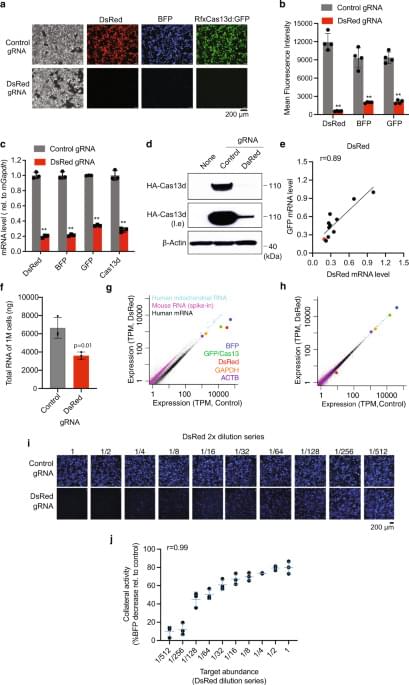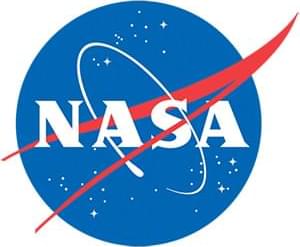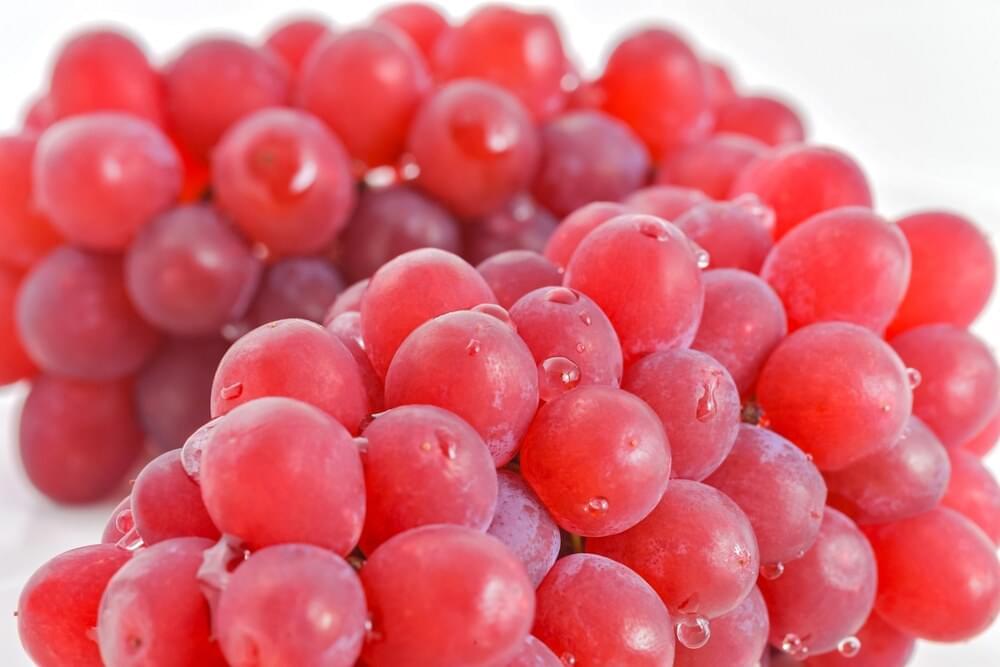A recently patented genome editing tool called PASTE holds genuine promise for expanding the universe of treatable genetic diseases. The approach combines elements of CRISPR and prime editing with a pair of enzymes designed to enable the integration of large segments of DNA without incurring double-stranded DNA breaks.
U.S. Patent No. 11,572,556, assigned to MIT, covers systems, methods, and compositions for programmable addition via site-specific targeting elements (PASTE). The patent describes site-specific integration of a nucleic acid into a genome, using a CRISPR–Cas9 nickase fused to a reverse transcriptase (RT) and a serine integrase. These enzymes target specific genome sequences known as attachment sites, binding to them before integrating their DNA payload.
PASTE can insert DNA fragments as large as 50,000 base pairs, which puts it on a different plane compared to other genome editing tools such as prime editing.
